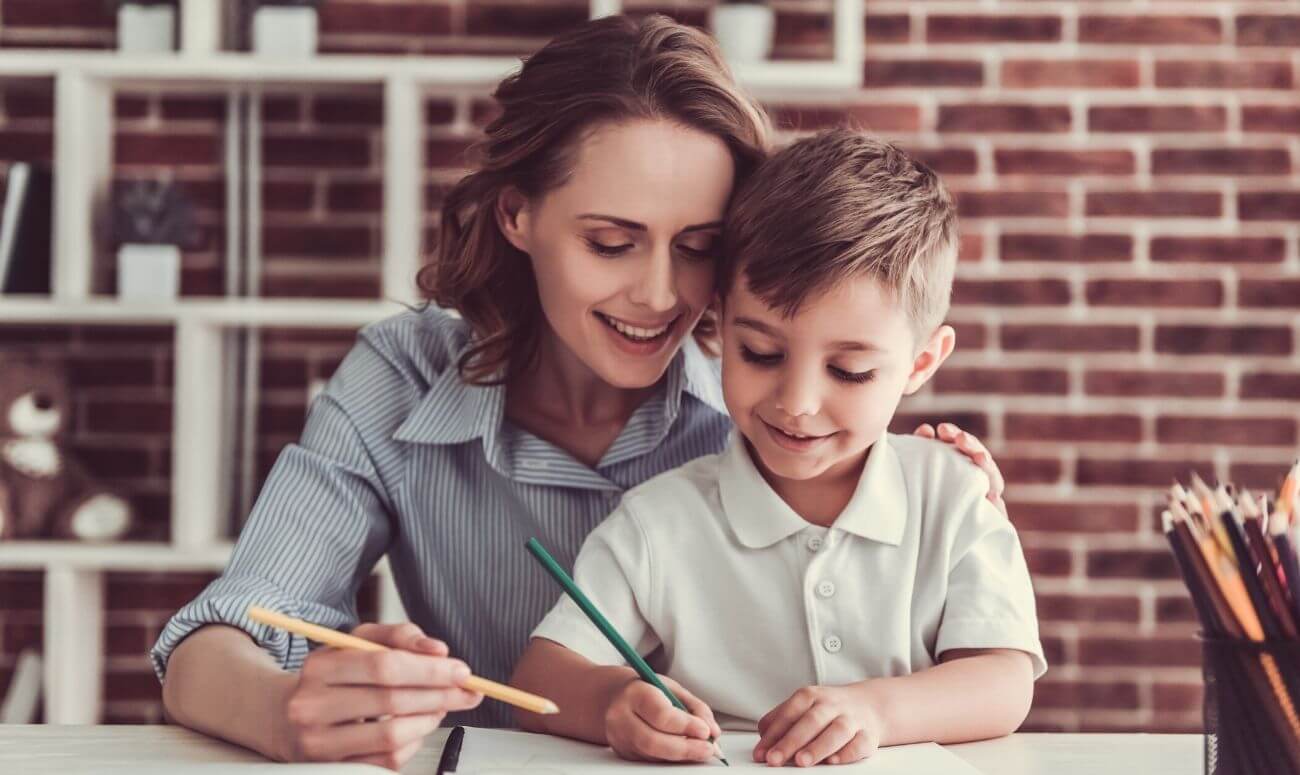
Kids are great at communicating. But their communication is not limited to words. Their actions speak much louder than words. The question, however, is: are you listening to them? Are you paying closer attention to her/him when s/he cannot find words to communicate with you? How can you make sure that you are listening and are being heard in return?
Communicating well will help your kid to form a better bond with you, and would be a rewarding relation as they age. But how can one communicate with kids who are not adept with words and phrases?
Listen

Not just with your ears, but with your whole body. When talking to your child, kneel down to their level or sit with them to talk. Asking your kid ‘what went wrong’ while cutting veggies or driving, will not give you any favourable response.
Be sensitive
When around the kids, be sensitive in your touch, words, and actions. If you are not, and put a cap on their emotions by saying don’t act like that/don’t do this, how would you be receptive to the various signals the kid sends to you?
Teach
Teach your kid how to communicate when they are upset. Tell them to identify the emotion: sad/hurt/upset/excited. Once they start identifying the emotion, teach them how to control/channelise it. If angry, the child can be told to sit quietly for a minute while you sit next to them, or if the child is very excited, tell them to jump for 100 counts. If upset, ask them what can you do as a parent to make her/him feel better. (But do not fall for ‘I want a chocolate/toy’.) Teach them to find a solution rather than focusing on the problem.
Encourage

Encourage your kid to talk/act out, even when they do not have anything to say. Encourage them to talk/draw/jump when all seems well. More ways you show them to control their emotions, more thankful they will be as they grow older.
Do not shame/make fun
Nothing irks a kid more than being made fun of or being teased. If you are not up for listening/talking (we are all humans, and need our own space too), do not respond at all than giving the kid an earful. Tell them you will talk about it in some time, say 10 minutes or half-hour, and in the meantime, they can do a puzzle/art/play with a toy. Being a positive parent is more important here.
Don’t forget to work on yourself as well
Most importantly, ask them ‘how can I be a better parent to you.’ Their innocent answer might amaze you, and shake you at the same time. Take action/s based on their answer/s, but don’t be too harsh on yourself or go on a guilt-trip. Just as they are getting older, so are you as a parent. Don’t they say, wisdom comes with age!
Ananya is a Delhi-based working mother. The strategies listed here have been tested by her personally on her now five-year-old son.
Read more: 10 Of The Most Iconic Indian TV Shows
Like & Follow ThinkRight.me on Facebook and Instagram to stay connected.






























